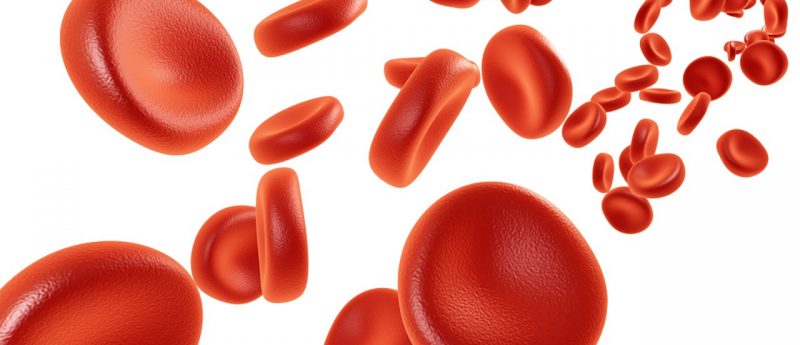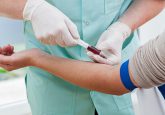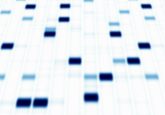Lab-on-a-chip device could improve treatment of Cryptosporidium in remote areas

Researchers at Fudan University’s Institute of Biomedical Sciences (China) have developed a lab-on-a-chip device capable of rapidly detecting Cryptosporidium infections from a finger prick. The new device has the potential to bring point-of-care diagnosis to remote, at-risk areas in China’s rural regions, potentially improving treatment outcomes. The team’s findings were recently published in Biomicrofluidics.
Cryptosporidium, a parasitic infection, is treated using a combination of oral rehydration and symptoms management until the infection is cleared from the body. This can take longer if an individual has an HIV infection. There are currently more than 780,000 people living with HIV/AIDS in China; however, there is limited data on how many have Cryptosporidium infections. This lack of information is partly owing to the difficulties associated with the diagnosis of an infection in the field. Acid-fast staining has poor sensitivity and there is a short window of spore secretion. More advanced immunoassays (e.g., ELISA) require advanced laboratory settings and skilled technicians, which are not available in remote areas.
Xunjia Cheng and Guodong Sui, both Professors at Fudan University, set out to develop a device more compatible for field diagnosis to address the issue of lack of diagnosis in remote regions. Their collaboration led to the production of a microfluidic chip, designed using AutoCad software, and manufactured from PDMS, a widely used silicon-based organic polymer. The chip comprises of functional valves, pumps and columns, sitting in the middle of a platform of reagent cartridges, an injection pump, a fluorescence microscope and a digital camera.
The device tests for the presence of the parasite’s P23 antigen, which is a key molecular target of host antibody responses against the pathogen’s ineffective stages.
The chip has a number of advantages; it is small, at 3 cm by 2cm, and costs around one US$1 to manufacture. Furthermore, it is capable of detecting the antigen in 10 minutes using small blood sample volumes (2ul). The researchers also noted that the device is easy to operate, and has the ability to process up to five samples at a time.
The platform’s efficacy in diagnosing Cryptosporidium was tested in 190 HIV infected individuals in Guangxi (China). Results demonstrated that the device’s diagnostic capabilities were comparable with those of ELISA. The results are promising as they indicate that the device is as effective as the current diagnostic standard, whilst having the potential to reduce cost, timeframe, size and training needed to operate.
Sui and Cheng plan to expand the chip’s sample processing capacities to include other infectious diseases, as well as improving its sensitivity and specificity.
Sources: Zhang L, Fu Y, Jing W et al. Rapid microfluidic immunoassay for surveillance and diagnosis of Cryptosporidium infection in human immunodeficiency virus-infected patients. Biomicrofluidics doi: 10.1063/1.4916229 (ePub) (2015); Detecting cryptosporidium in China.




